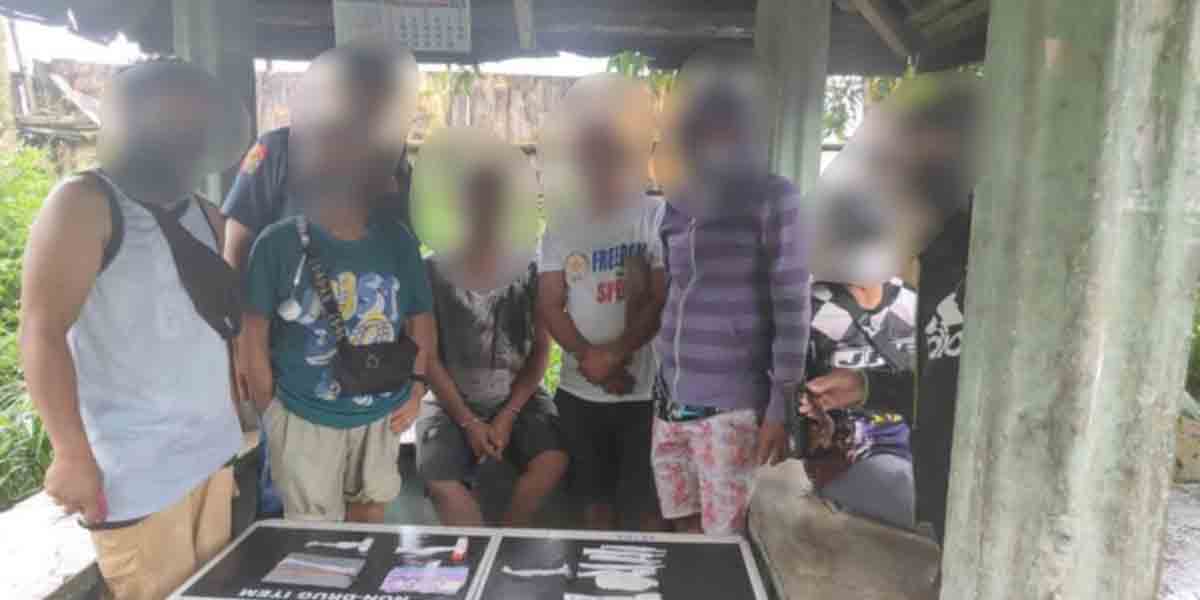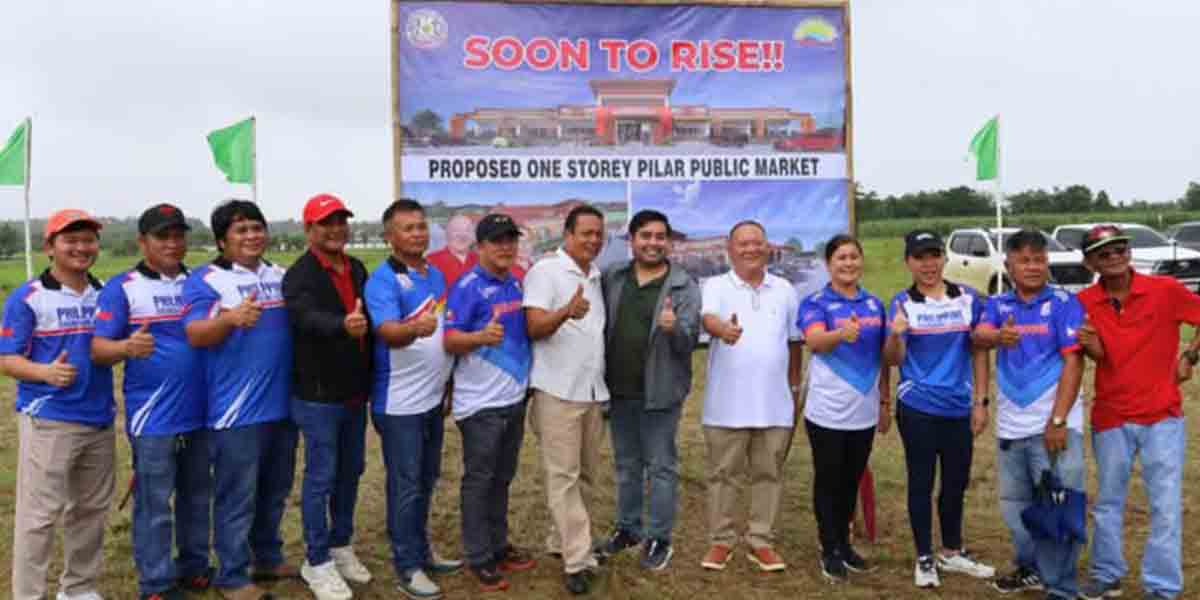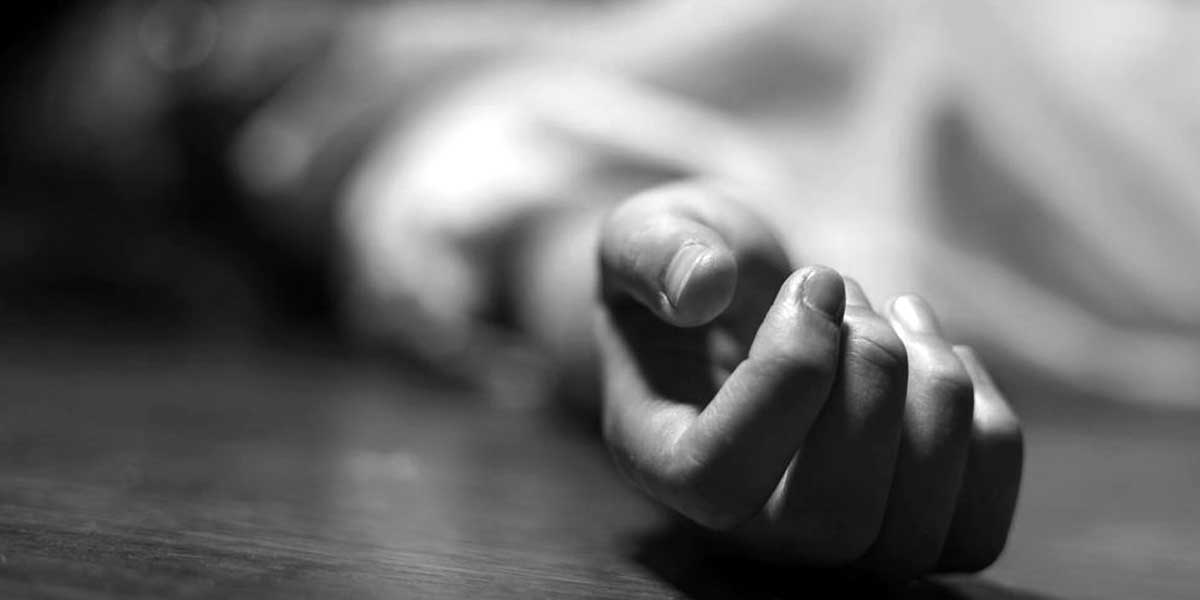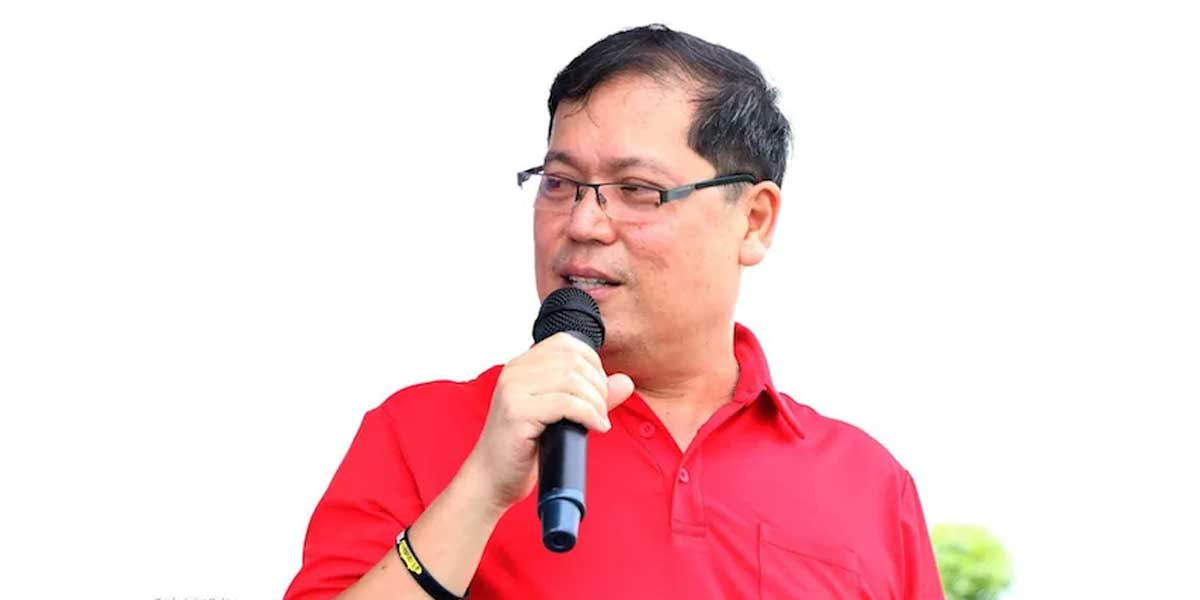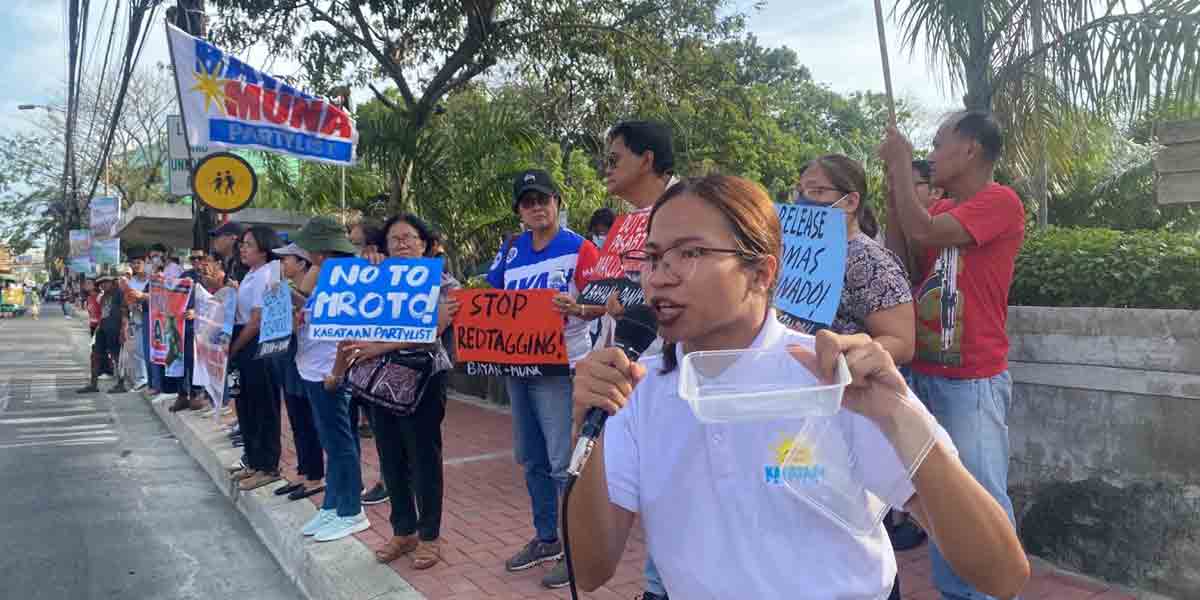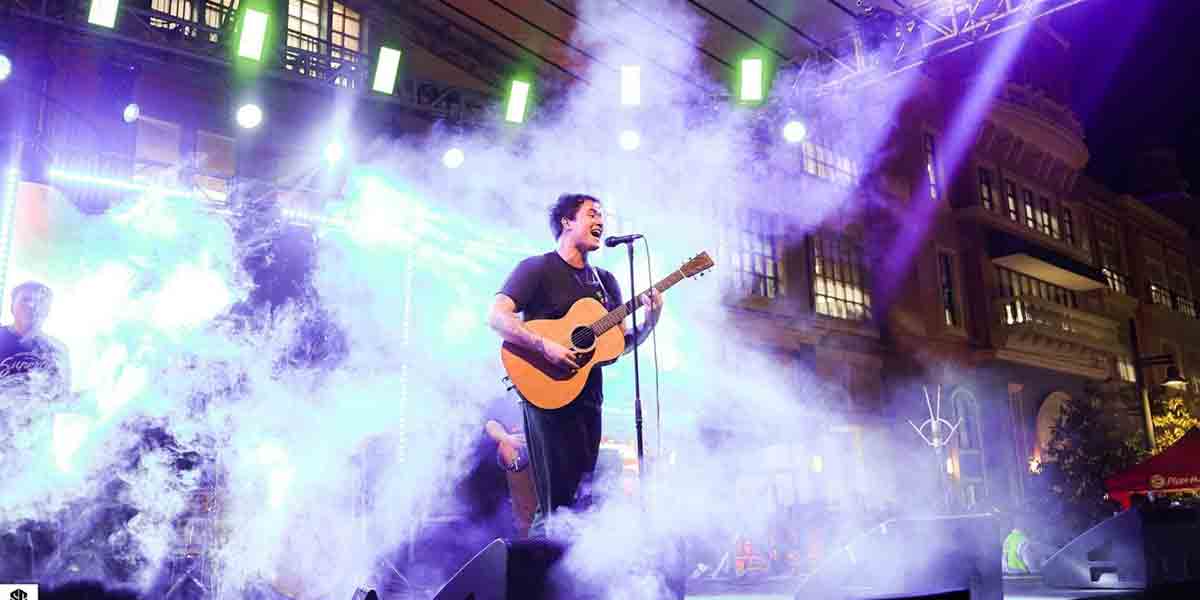By Herman M. Lagon
GAT ANDRES Bonifacio holds a place of reverence and awe for every Filipino. Born 160 years ago on November 30 in Tondo, Manila, the Supremo’s life journey encapsulates the essence of the heroic Filipino spirit—resilient, compassionate, and fiercely independent. As we celebrate Andres Bonifacio Day, it becomes essential to understand not just the heroism he displayed but also the ideals he stood for, which continue to resonate in the country’s contemporary societal and political landscape.
Bonifacio’s early life was marked by struggle and hardship. Orphaned early, he had to fend for himself and his siblings, taking up various jobs to sustain his family. Despite his limited formal education, Bonifacio was well-read, immersing himself in the works of Rizal and other revolutionary authors. This self-education laid the foundation for his deep-seated nationalism and revolutionary fervor.
In 1892, Bonifacio founded the Katipunan, a secret society aimed at liberating the Philippines from Spanish rule. Unlike other contemporary reformists, Bonifacio advocated for outright independence rather than reform under Spanish colonial rule. Under Bonifacio’s leadership, the Katipunan grew rapidly, drawing in members from the working and peasant classes, significantly those who were disenfranchised by the existing colonial and feudal structures.
Bonifacio’s leadership of the Katipunan was not just about waging war against the Spanish; it was deeply rooted in his love for his fellow Kababayans. As former Vice President Leni Robredo pointedly observed, his concept of courage was intertwined with compassion. It was a courage born out of a desire to uplift his countrymen from oppression and inequality, a belief that every Filipino deserved a life of dignity and freedom.
The revolution he led started on August 1896, marking a pivotal moment in Philippine history. Although Bonifacio was not as militarily successful as some of his contemporaries, his role as the catalyst of the revolution is undeniable. His call to arms stirred a nation’s consciousness, inspiring countless revolucionarios to fight for their freedom.
Bonifacio’s approach to leadership and revolution was inclusive. He sought to empower the ordinary Filipino, encouraging active participation in the independence movement. This inclusivity was a significant departure from the elitist approach of the reformists and resonated deeply with the masses who suffered the most under colonial rule.
However, his journey was not without its tragedies and setbacks. The discovery of the Katipunan led to widespread arrests and executions. Bonifacio himself faced significant challenges within the revolutionary movement, including disputes over leadership and strategy. These internal conflicts culminated in the tragic events at Tejeros, where Bonifacio was ousted from leadership in favor of Emilio Aguinaldo.
The final days of Bonifacio were marked by betrayal and tragedy. Arrested and tried for treason against Aguinaldo’s government, Bonifacio and his brother Procopio were executed in May 1897. This brutal end, however, did not diminish his legacy but rather cemented his status as a martyr for the cause of Philippine independence.
Bonifacio’s story is more than a tale of revolutionary heroism; it is a narrative that holds profound lessons for contemporary Philippine society. His life and struggle reflect the ongoing challenges faced by the nation—inequality, social injustice, and the fight for true democratic governance.
Celebrating Bonifacio Day is not just a commemoration of historical events; it is an opportunity to reflect on the values he championed. His life urges us to consider the essence of true courage and leadership—not in terms of brute strength or authoritarian power, but through compassion, empathy, and a relentless commitment to the common good.
Today, where socio-political issues still echo the colonial era’s struggles, Bonifacio’s legacy is a rallying cry. It reminds us that the fight for fairness, justice, and true democracy is ongoing. As Filipinos, we are called upon to embody the spirit of Bonifacio, to be ‘bayani,’ ‘dakila,” or ‘katipuneros’ in our own right, championing the causes that matter for the betterment of our nation.
Thus, as we remember Andres Bonifacio, let us not merely look back in reverence but also look and move forward with resolve. Let his life inspire us to pursue a country that embodies the ideals he fought for—a nation where every Filipino, regardless of background or status, can live with dignity in a society marked by justice, equity, and true freedom.
***
My next column will feature the Top 7 (Part 2) installment of my “Exploring my Top 10 favorite movies” series. As a reminder, my top movies featured in Impulses thus far include Top 10: “Magnifico,” “Heneral Luna,” “Joker,” and “Ender’s Game;” Top 9: “12 Years a Slave” and “The Three Idiots;” Top 8: “Avatar” and “Titanic;” and Top 7 (Part 1): “Star Wars” Series. Stay tuned for the next installment!
***
Doc H fondly describes himself as a ‘student of and for life’ who, like many others, aspires to a life-giving and why-driven world that is grounded in social justice and the pursuit of happiness. His views herewith do not necessarily reflect those of the institutions he is employed or connected with.

